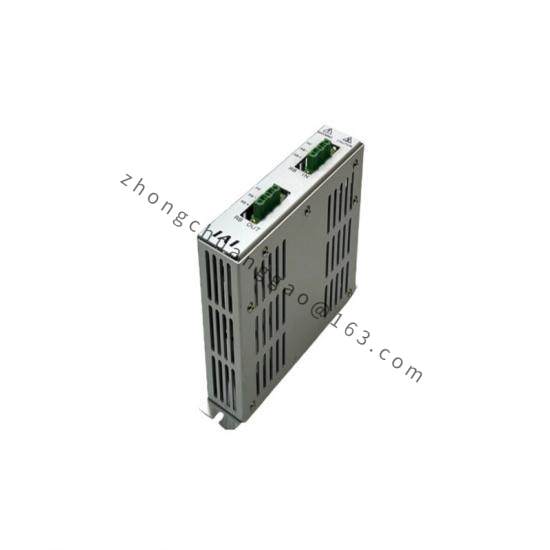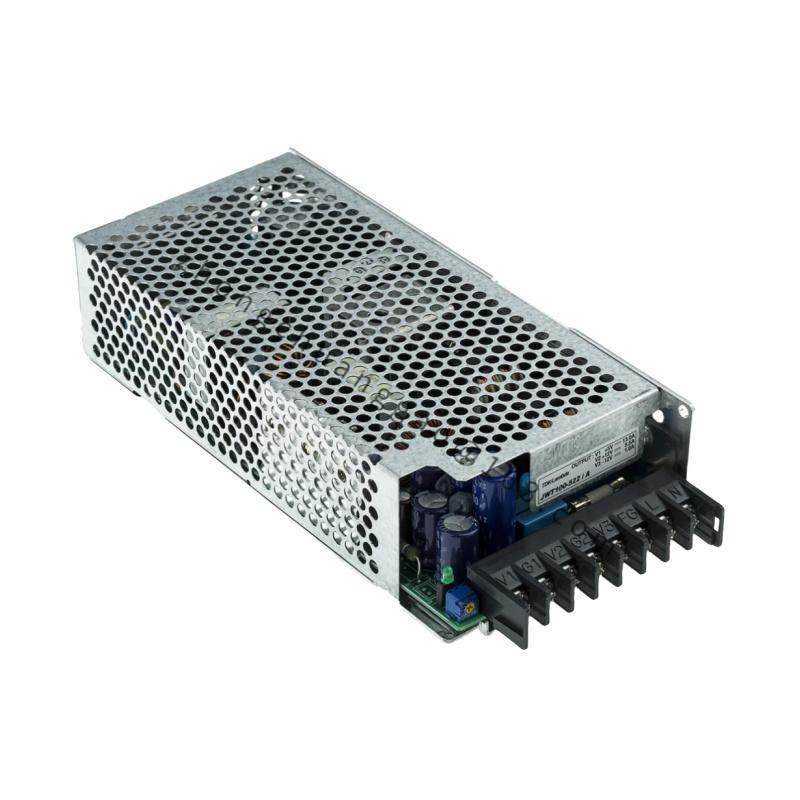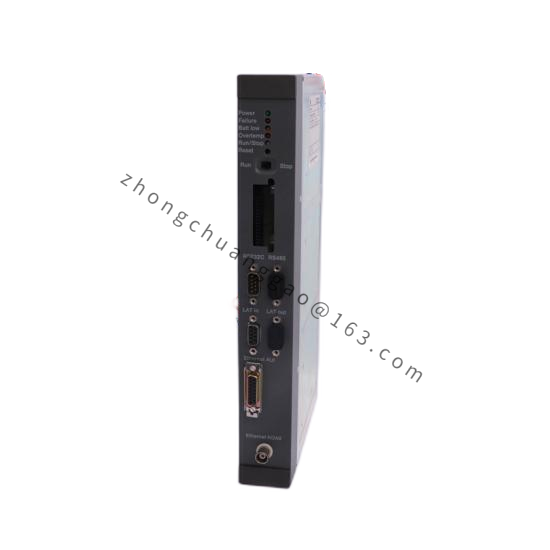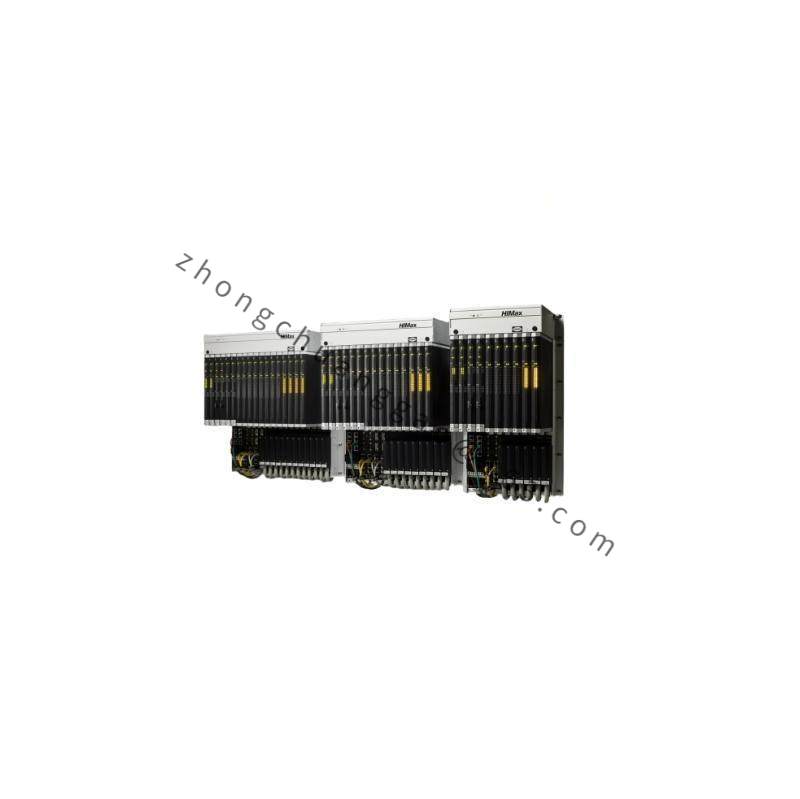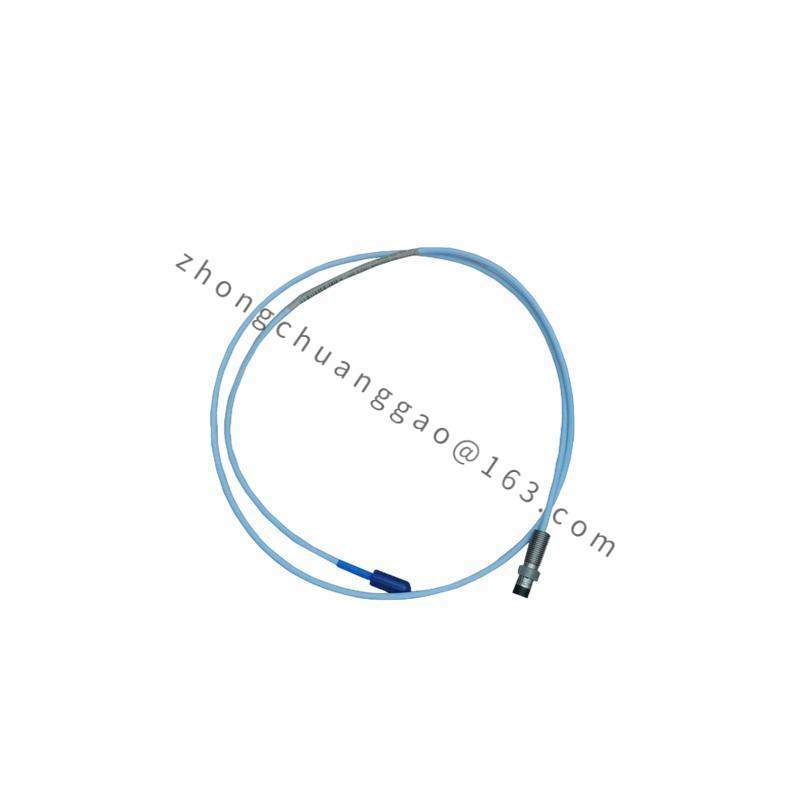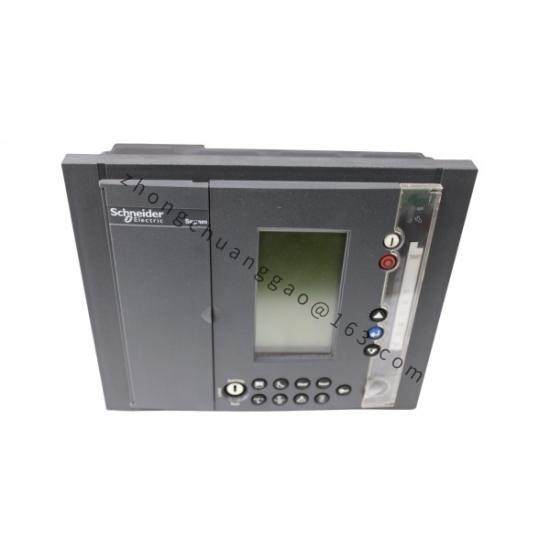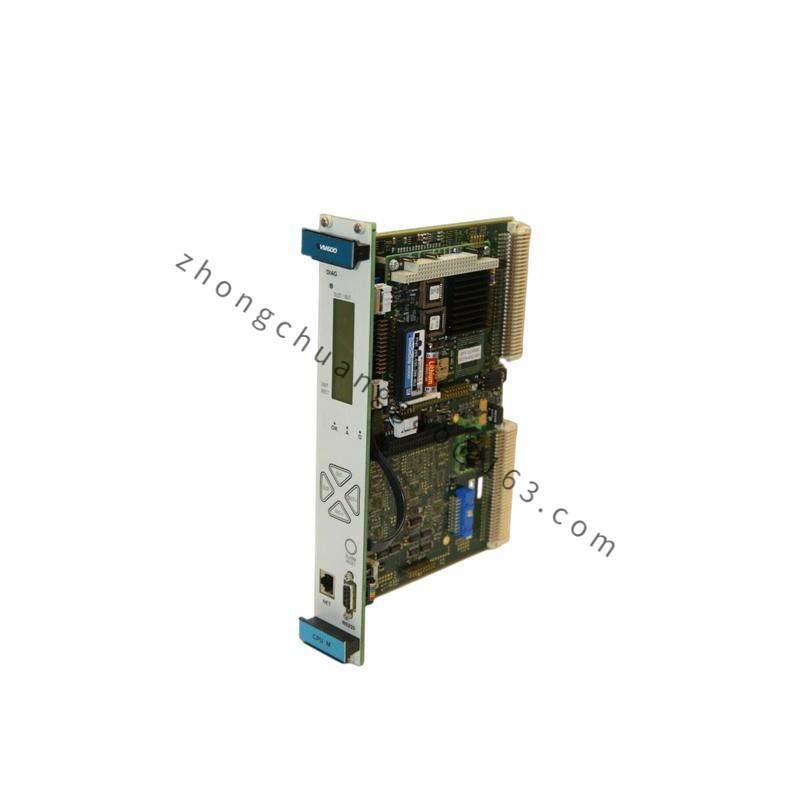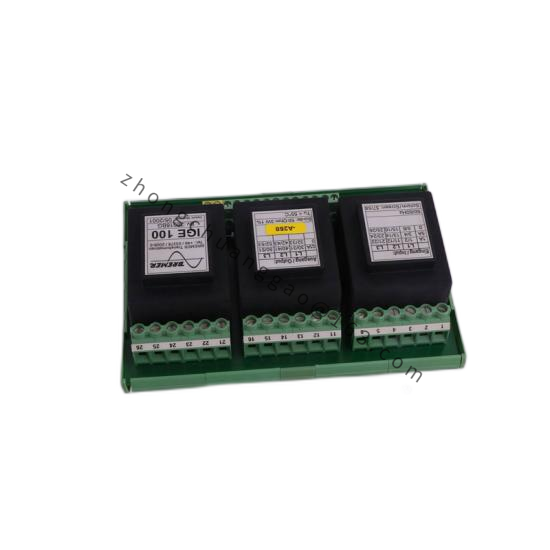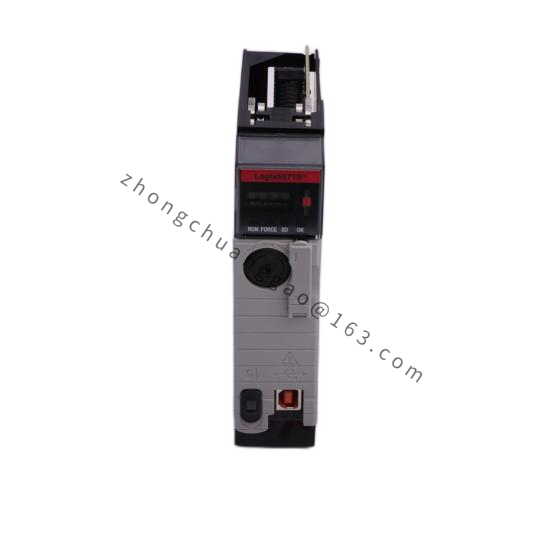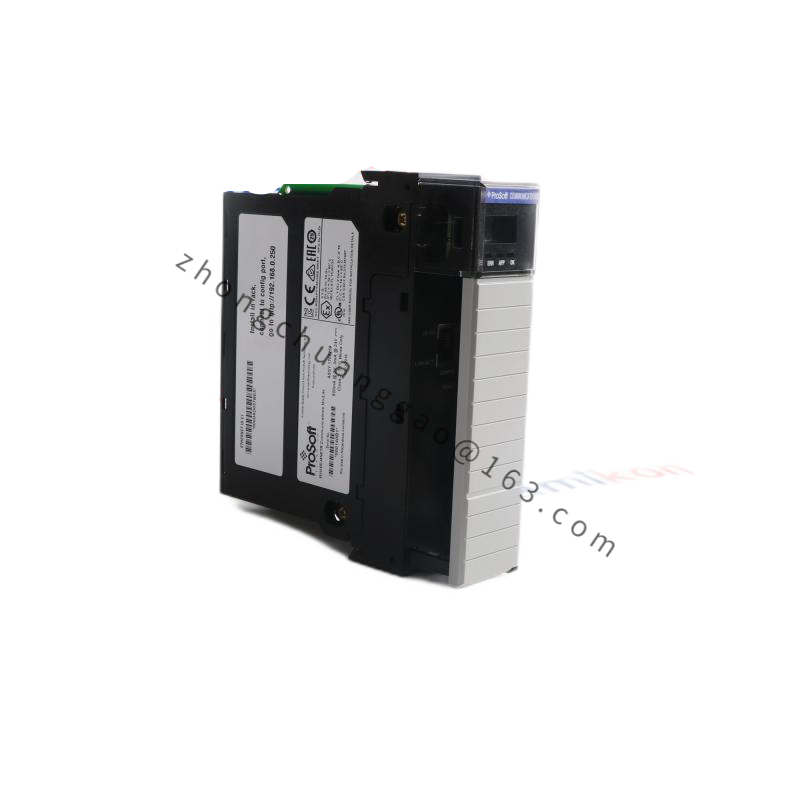IAI RESU-2 Regenerative Resistor Unit, Power Conversion Systems
The IAI RESU-2 Regenerative Resistor Unit is an advanced industrial component designed for efficient power management in regenerative braking systems. It seamlessly integrates with various industrial control applications, enhancing system performance and energy efficiency.
Detailed content
Power Rating:10 kW
Operating Voltage:380 VAC
Temperature Range:-20°C to +50°C
Size:150 mm x 100 mm x 200 mm
Weight:20 kg
Regeneration Efficiency:95%
Operating Frequency:50 Hz
Input Current:100 A
Output Resistance:1 ohm
Introducing the IAI RESU-2 Regenerative Resistor Unit, an advanced solution for optimizing energy use in modern industrial settings. This unit is engineered to capture and convert the kinetic energy from decelerating electric vehicles or machinery into usable electrical power, thereby significantly reducing energy waste.
Featuring an impressive power handling capacity of 2 MW and exceptional efficiency rating of 99%, the RESU-2 ensures maximum recovery of energy. Its wide operating temperature range (-20°C to +60°C) guarantees reliable performance across various environments, making it suitable for a multitude of industrial applications.
Designed with durability and space optimization in mind, the unit measures L x W x H: 1200mm x 600mm x 900mm, weighing approximately 1000kg. Despite its size, the RESU-2 is equipped with advanced control systems that allow precise adjustment of output resistance from 0.1Ω to 10Ω, ensuring compatibility with diverse systems.
With a robust DC input voltage range from 0V to 1000V, the IAI RESU-2 is versatile enough to integrate seamlessly into existing industrial setups. It’s not just about recovering energy; it’s about transforming it into a sustainable asset that can be harnessed for further productive uses within your facility.
At the heart of the RESU-2 lies cutting-edge technology that ensures not only efficiency but also safety. Our commitment to innovation means you can rely on the IAI RESU-2 to not only enhance operational efficiency but also contribute to environmental sustainability by reducing the carbon footprint associated with energy consumption.
